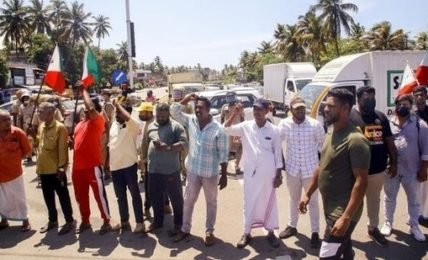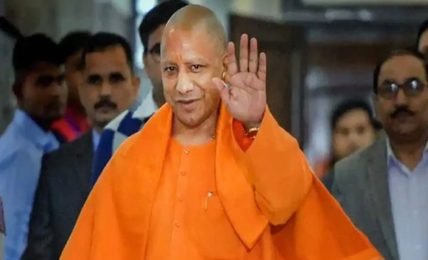What is Roshni Land Scam ?
₹25,000 crores land scam shows how Kashmir was looted by Muftis, Abdullahs and Congress in the name of Article 370. Scam that possibly involve three ex chief ministers, finance ministers and top officers of Jammu and Kashmir. The act was misused to the effect that powerful land–grabbers who had acquired government land illegally were made the legal occupants of that government land. The beneficieries were mostly powerful politicians, bureaucrats and influential businessmen. The case has been alleged to have caused a loss of Rs 50,000 crores (approximately $ 7 billion) to the state treasury and has been called the biggest land scam in the state of Jammu and Kashmir.




